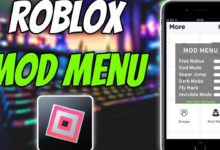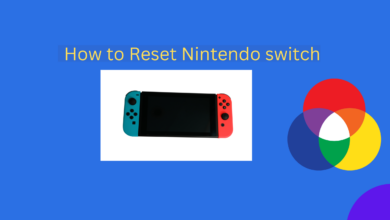![10 Best Unity Tutorials for Game Developers [2023 MAR]](https://apkfuel.com/journal/wp-content/uploads/2023/03/Untitled-design-12-1-780x470.png)
1.Complete C# Unity Developer 2D: Learn to Code Making Games
The “Complete C# Unity Developer 2D: Learn to Code Making Games” is a comprehensive course designed to teach you how to develop 2D games using the Unity game engine and the C# programming language. This course is aimed at beginners with no prior coding experience, as well as those who are familiar with coding but are new to game development.
Throughout the course, you will learn how to use the Unity game engine to build games from scratch. You’ll start by learning the basics of C# programming and then move on to creating 2D games, such as a platformer game, a space shooter game, and a puzzle game.
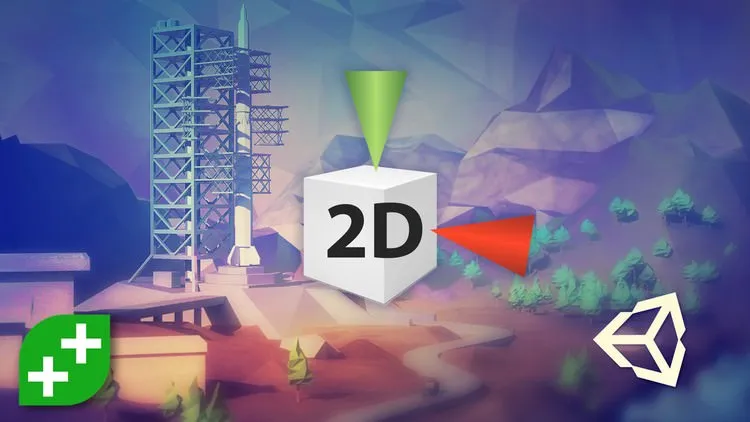
The course covers topics such as game physics, player movement, camera control, and game UI design. You’ll also learn how to use Unity’s animation system to create animations for your characters and objects.
In addition to the technical skills, the course also covers game design principles such as game mechanics, game levels, and game balancing. You’ll learn how to create engaging and fun games that keep players coming back for more.
The course includes video lectures, quizzes, and assignments to help you apply what you’ve learned. You’ll also have access to a community of learners who can help you with any questions you may have.
By the end of the course, you’ll have the skills and knowledge to create your own 2D games using Unity and C#, and you’ll have a portfolio of games to showcase your abilities to potential employers or clients.
2.C# Programming for Unity Game Development Specialization — Free Course
Unfortunately, as an AI language model, I don’t have access to real-time information about the availability of free courses. However, I can suggest some resources where you can find free or affordable courses on C# programming for Unity game development.

- Unity Learn: Unity Learn is the official learning platform for Unity game development. They offer a wide range of courses, including C# programming for Unity game development, and some of them are free.
- Udemy: Udemy is an online learning platform that offers a variety of courses on C# programming for Unity game development. Some of these courses are free, while others are paid.
- Coursera: Coursera is an online learning platform that partners with universities and organizations to offer courses on various topics, including C# programming for Unity game development. While most courses on Coursera are paid, they do offer some free courses as well.
- YouTube: YouTube is a great resource for learning C# programming for Unity game development. There are many tutorial videos available on YouTube that can help you learn C# programming and Unity game development for free.
- Codecademy: Codecademy is an online learning platform that offers courses on various programming languages, including C#. While they don’t offer specific courses on C# programming for Unity game development, their C# course can help you build a strong foundation in the language, which you can then apply to game development.
I hope these resources help you find a free or affordable course on C# programming for Unity game development.
3.Unity Game Programming for Beginners
Unity is a popular game engine that enables developers to create high-quality 2D and 3D games for various platforms, including desktop, mobile, and consoles. If you are a beginner interested in learning Unity game programming, here are some steps to get started:

Download and install Unity: You can download the latest version of Unity from the official website. Once downloaded, follow the installation instructions to install Unity on your computer.
Learn the basics of Unity: Unity provides a vast array of tutorials and documentation to help you learn the basics of the engine. Start by going through the Unity official tutorials, which are available on the Unity website, and familiarize yourself with the Unity editor, the interface, and the workflow.
Learn programming: To create games in Unity, you will need to learn a programming language. C# is the most commonly used programming language for Unity. You can start by learning the basics of C# programming, including variables, data types, loops, and functions. There are plenty of online resources available to help you learn C#, including Codecademy, Udemy, and Pluralsight.
Create a simple game: Once you have learned the basics of Unity and programming, start by creating a simple game. Start with a small idea, such as a 2D platformer or a simple puzzle game, and work your way up to more complex games.
Join a Unity community: Unity has a large and active community of developers, designers, and artists. Joining a Unity community can help you learn from experienced developers, get feedback on your projects, and find resources and tools to help you create better games.
Keep learning: Game development is a constantly evolving field, and there is always something new to learn. Keep up with the latest trends and technologies in game development, and continue to improve your skills.
By following these steps, you can start your journey to becoming a Unity game developer. Remember to be patient, take your time to learn, and don’t be afraid to ask for help when you need it.
4.Building Games with Unity Services: Monetization & Analytics
Unity Services offers various tools for monetization and analytics in game development. Here are some ways you can use Unity Services to improve your game’s revenue and performance:
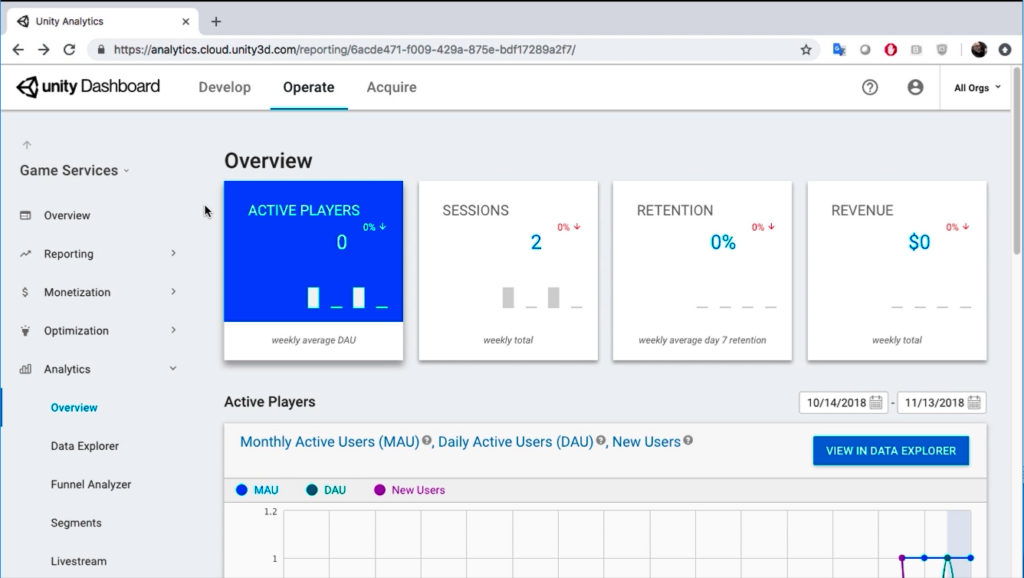
Monetization:
- Unity Ads: Unity Ads is a platform that allows developers to monetize their games by showing ads to players. You can use this service to display banner, interstitial, rewarded, and native ads in your game. You can also use Unity Ads to promote your game to other players.
- Unity IAP: Unity IAP (In-App Purchases) allows developers to sell virtual goods, items, and features within their game. This service integrates with various app stores and payment platforms to allow players to purchase items using their preferred payment method.
- Unity Monetization SDK: This SDK allows you to monetize your game through a variety of advertising networks and platforms, including in-app ads, rewarded video, and native ads. The SDK also provides advanced analytics to help you optimize your monetization strategy.
Analytics:
- Unity Analytics: Unity Analytics is a powerful tool that provides insights into how players interact with your game. It allows you to track user behavior, monitor player retention, and analyze in-game events. You can use these insights to improve your game’s performance and optimize your monetization strategy.
- Unity Performance Reporting: Unity Performance Reporting provides real-time data on your game’s performance, including errors, crashes, and network issues. This tool allows you to quickly identify and fix issues that may be impacting your game’s performance.
- Unity Cloud Diagnostics: Unity Cloud Diagnostics allows you to track and analyze user reports of issues and crashes in your game. It provides detailed reports on errors and exceptions, and allows you to prioritize and address issues quickly.
By using these tools, you can create a better monetization strategy for your game and gain valuable insights into your players’ behavior.
5.Build 15 Augmented Reality (AR) apps with Unity & Vuforia
As an AI language model, I can provide you with an overview of 15 potential Augmented Reality (AR) apps that you could build using Unity and Vuforia. However, I cannot physically build the apps for you. Here are some ideas:
- AR Product Catalog: Develop an AR app that allows customers to visualize products in 3D before making a purchase, such as furniture, clothing, or electronics.
- AR Navigation: Create an app that uses AR to guide users through a city or building, highlighting important landmarks or points of interest.
- AR Education: Develop an AR app that provides interactive educational experiences, such as virtual dissections or chemistry experiments.
- AR Art Gallery: Create an app that allows users to view and interact with art pieces in a virtual gallery setting.
- AR Advertising: Develop an app that displays AR advertisements for products or services, such as placing virtual billboards in real-world locations.
- AR Real Estate: Create an app that uses AR to give potential buyers virtual tours of properties, allowing them to view properties in 3D and even make changes to the design.
- AR Gaming: Develop an AR game that uses real-world environments as the game board or backdrop, such as a treasure hunt or scavenger hunt.
- AR Music: Create an app that allows users to create and manipulate music using AR interfaces and visualizations.
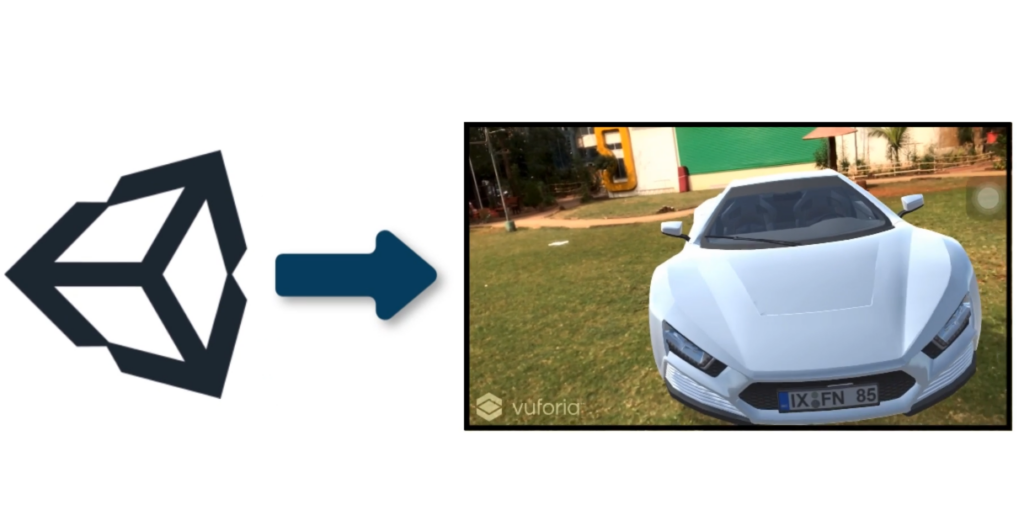
- AR Medical Training: Develop an AR app that provides medical professionals with interactive training experiences, such as virtual surgery simulations.
- AR Sports: Create an app that overlays AR graphics on live sports events, providing users with real-time stats and information.
- AR Museums: Develop an AR app that provides visitors with interactive experiences, such as virtual tours or additional information about exhibits.
- AR Storytelling: Create an app that uses AR to bring stories to life, such as animated characters or interactive environments.
- AR Interior Design: Develop an app that allows users to visualize and make changes to interior design projects in real-time, such as placing furniture or changing wall colors.
- AR Social Media: Create an app that uses AR to enhance social media experiences, such as creating virtual chat rooms or virtual photo booths.
- AR Events: Develop an app that enhances live events with AR experiences, such as interactive booths or virtual games.
6.The Ultimate Guide to Game Development with Unity 2022
Game development with Unity is an exciting and complex process that requires careful planning, skillful execution, and creative problem-solving. In this guide, we will provide a comprehensive overview of the process of creating a game using Unity in 2022. We will cover everything from setting up your development environment to creating your first game asset, to building a complete game from scratch.
- Getting Started with Unity Unity is a powerful game development engine that is used by developers all over the world to create games for a variety of platforms. To get started with Unity, you will need to download and install the Unity editor. You can find the latest version of Unity on the Unity website. Once you have installed Unity, you can launch the editor and start creating your first game.
- Creating a New Project To create a new project in Unity, you will need to open the Unity editor and select “New Project” from the “File” menu. You can then choose a name for your project, select a location to save your project files, and choose a template for your project. Unity provides several templates to choose from, including 2D and 3D game templates.
- Importing Assets One of the great things about Unity is that it provides a wide range of assets that you can use to create your game. You can also import your own assets, such as images, audio files, and 3D models, into Unity. To import assets, you can simply drag and drop them into the Unity editor, or you can use the “Import” menu.
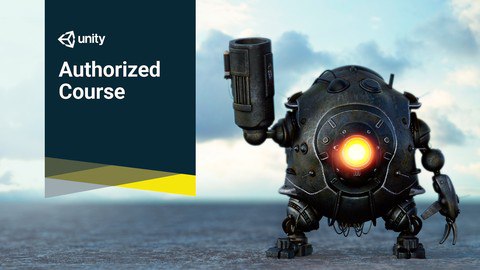
- Creating Game Objects In Unity, a game object is any object that you can add to your game scene. Game objects can be anything from a character to a tree to a particle effect. To create a game object in Unity, you can select “GameObject” from the “Create” menu, or you can use the keyboard shortcut Ctrl + Shift + N.
- Adding Components Components are the building blocks of Unity game objects. They can be used to add functionality to a game object, such as physics, audio, and animation. To add a component to a game object, you can select the game object in the Unity editor and click the “Add Component” button in the inspector window.
- Scripting Scripting is an essential part of game development in Unity. Unity uses the C# programming language for scripting. To create a new script, you can select “Create > C# Script” from the “Assets” menu. You can then open the script in your preferred code editor and start writing code.
- Testing and Debugging Testing and debugging your game is an important part of the development process. Unity provides a range of tools for testing and debugging your game, including the Unity Console, which allows you to view debug messages, warnings, and errors.
- Building and Publishing Once you have finished creating your game, you can build and publish it for a variety of platforms, including desktop, mobile, and console. To build your game, you can select “File > Build Settings” from the Unity editor. You can then select the platform you want to build for and click the “Build” button.
- Continual Improvement Creating a great game is not a one-time event. It requires ongoing improvement and iteration. Once you have published your game, you should continue to monitor user feedback and make improvements to the game based on that feedback.
In conclusion, game development with Unity is a complex process that requires careful planning, skillful execution, and creative problem-solving. By following these steps, you can create a great game with Unity in 2022 and beyond.
7.Learn Intermediate Unity C# Coding – RPG Core Combat Creator
To learn intermediate Unity C# coding for creating an RPG core combat system, here are some steps you can follow:
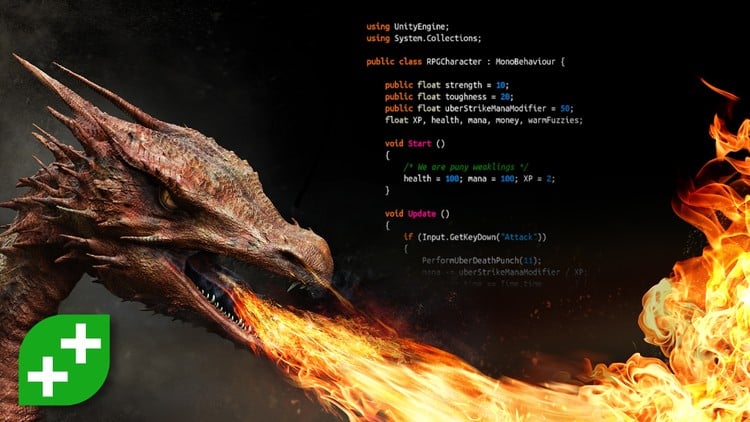
- Start by getting familiar with Unity and C#. If you’re completely new to Unity, you might want to start with some beginner tutorials to get a feel for the engine. Then move on to learning C# programming, which is the primary language used in Unity.
- Next, study the basics of game development concepts like game design, object-oriented programming, and game mechanics. This will help you understand how to structure your code and create systems that work well together.
- Learn how to work with Unity’s built-in components, such as Rigidbody, Collider, and Animator. These will be essential for creating the core combat mechanics.
- Start building your RPG combat system by creating a basic player character and enemy AI. Begin by coding simple actions like attacking, blocking, and dodging.
- Implement health and damage systems for both the player and enemies. This will involve creating a script to track the health of each character, handling damage calculations, and responding to events like death or victory.
- Expand your combat system by adding more complex mechanics like skills, abilities, and status effects. You can create a class system that defines different types of skills, and then create scripts for each skill to handle its unique effects.
- Finally, test your combat system extensively and fine-tune it based on feedback from playtesting. This will involve balancing difficulty, adjusting mechanics, and fixing any bugs or glitches.
Throughout the process, it’s important to keep your code organized and well-commented. This will make it easier to understand and maintain as your project grows more complex. Additionally, be sure to reference Unity’s official documentation and community forums for guidance and support.
8.Unity Game Development: Create 2D And 3D Games With C#
Unity is a popular game engine that allows developers to create 2D and 3D games using the C# programming language. Here are some steps to get started with Unity game development:
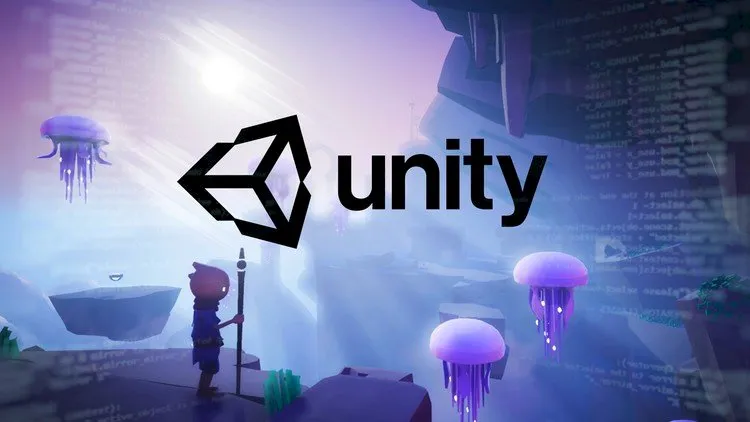
- Download and install Unity: You can download Unity from the official website. Once downloaded, install it on your computer.
- Create a new project: Open Unity and create a new project. Choose 2D or 3D depending on the type of game you want to create.
- Familiarize yourself with the Unity Editor: Unity Editor is where you will be spending most of your time. Learn how to navigate and use the various tools and features of the editor.
- Create game objects: In Unity, you create game objects to represent the various elements of your game. For example, you can create a game object for the player, enemies, obstacles, and so on.
- Add components to game objects: Components are scripts that add behavior to game objects. For example, you can add a movement component to the player game object to allow the player to move around.
- Write C# scripts: Use C# to create the logic of your game. For example, you can write a script to handle collisions between the player and obstacles.
- Test and debug: Use the Unity Editor to test your game and find and fix any bugs.
- Build and publish your game: Once your game is complete, you can build and publish it for different platforms such as PC, mobile, or console.
Unity has a large and active community of developers who create tutorials, assets, and plugins that you can use to improve your game development workflow. Take advantage of these resources to accelerate your learning and development process.
9.Learn To Code By Making a 2D Platformer in Unity
Learning to code by making a 2D platformer in Unity is a great way to get started with game development and programming. Here are some steps to get you started:
Install Unity: The first step is to download and install Unity. Unity is a game engine that allows you to create 2D and 3D games. You can download it from the official Unity website.
Learn C#: C# is the programming language used in Unity. You will need to have a good understanding of C# to create a 2D platformer in Unity. There are many online resources available to learn C#, including tutorials on the Unity website, online courses, and books.
Create a new project: Once you have Unity installed and have a basic understanding of C#, you can create a new project. In the Unity editor, click on “New” to create a new project.
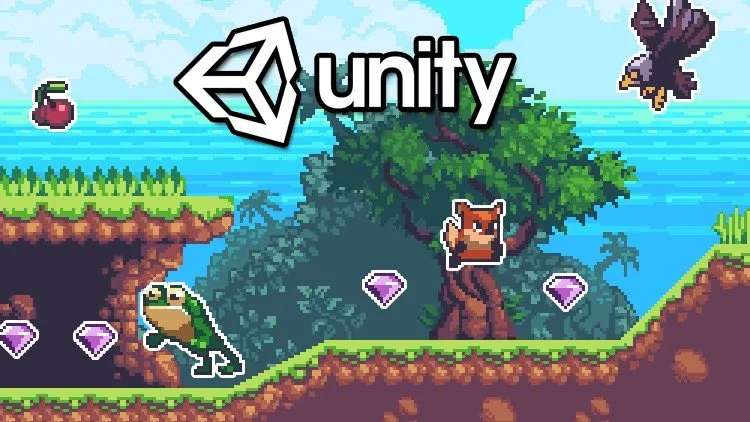
Set up the scene: The next step is to set up the scene for your 2D platformer. You can use the Unity editor to create the environment for your game, including the platforms, obstacles, and enemies.
Add player movement: The next step is to add movement to the player character. You can use C# to create scripts that control the player’s movement, including jumping, running, and climbing.
Add physics: To make your 2D platformer more realistic, you can add physics to the game. You can use Unity’s built-in physics engine to add gravity, collisions, and other physics-based interactions to your game.
Add enemies and obstacles: To make your game more challenging, you can add enemies and obstacles to the game. You can use C# to create scripts that control the behavior of the enemies and obstacles.
Add sound effects and music: Finally, you can add sound effects and music to your game. You can use Unity’s audio tools to add background music, sound effects for the player, enemies, and obstacles.
These are some basic steps to get started with creating a 2D platformer in Unity. With practice and experimentation, you can create more complex and engaging games.
10.Unity Game Development Academy: Make 2D & 3D Games
The Unity Game Development Academy is a comprehensive course designed to teach students how to create 2D and 3D games using the Unity game engine. The course is suitable for beginners and intermediate-level developers who want to learn game development using Unity.
The course covers a wide range of topics, including game design principles, programming concepts, user interface design, game mechanics, physics, and animation. Students will learn how to create a variety of games, from simple 2D platformers to complex 3D first-person shooters.
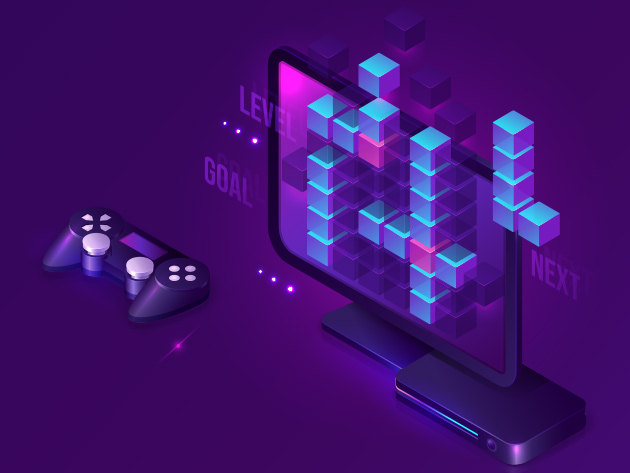
The course is taught through a combination of video tutorials, hands-on exercises, and quizzes. Students will work on several projects throughout the course, including a 2D platformer game and a 3D first-person shooter game. The course also includes a final project where students can apply what they have learned to create their own game.
To get started with the Unity Game Development Academy, students will need a computer with the Unity game engine installed. Unity is a free software that can be downloaded from the Unity website. The course also recommends basic programming knowledge and familiarity with game design principles.
Upon completion of the course, students will have a solid foundation in game development using Unity and will be able to create their own 2D and 3D games. The course also provides a certificate of completion that can be added to a resume or portfolio.
11.Become an iOS/Android Game Developer with Unity 2017
Becoming a game developer for iOS/Android using Unity 2017 can be an exciting and challenging journey. Here are some steps you can take to get started:
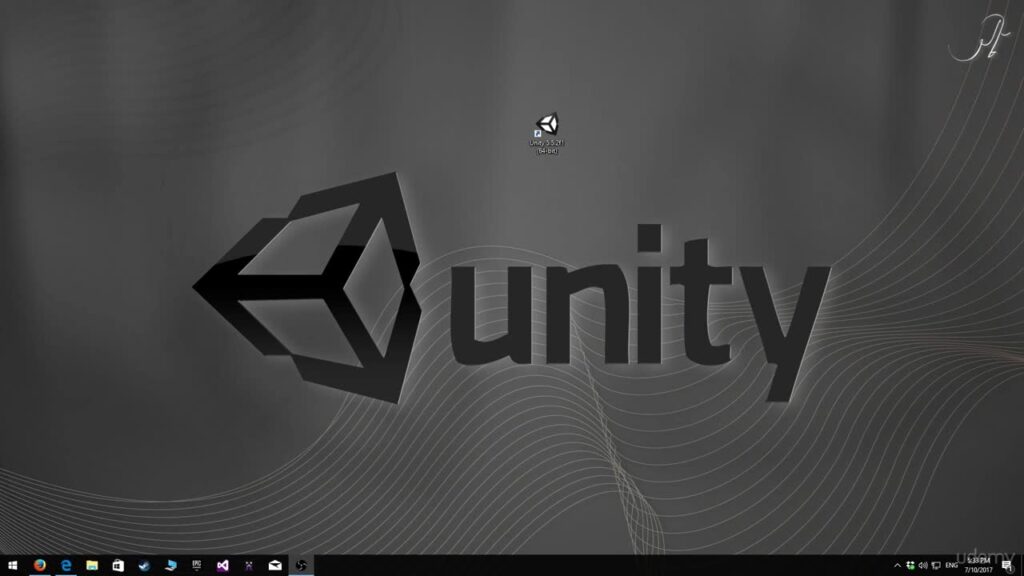
- Learn the basics of programming: Game development requires a solid understanding of programming concepts. If you’re new to programming, start by learning the fundamentals of a programming language such as C# or JavaScript.
- Familiarize yourself with Unity: Unity is a game engine that allows you to create games for different platforms, including iOS and Android. Spend some time learning how to use Unity and familiarizing yourself with its features.
- Choose a game genre: Decide on the type of game you want to develop. This will help you identify the gameplay mechanics, characters, and other elements that will be required for your game.
- Design your game: Create a concept for your game, including the game’s story, characters, setting, and art style. This will help you establish a clear vision for your game and make it easier to create the assets you’ll need.
- Develop your game: Use Unity to start developing your game. Start with simple gameplay mechanics and build up from there. Test your game regularly to make sure it’s fun and engaging.
- Publish your game: Once your game is complete, publish it on the App Store and/or Google Play Store. Make sure to test your game on different devices to ensure compatibility with different platforms.
- Continue learning and improving: Game development is an ongoing process, and there is always more to learn. Keep experimenting with new game mechanics and features, and stay up to date with the latest game development trends and technologies.
Remember, game development can be a challenging but rewarding career. Don’t be afraid to take risks, experiment with new ideas, and learn from your mistakes. With time and persistence, you can become a successful iOS/Android game developer with Unity 2017.
12.Learn C# Code by Making Games — Complete Unity Developer 2.0
“Complete Unity Developer 2.0” is an online course that aims to teach beginners how to create video games using Unity, a popular game development engine, and C#, a programming language commonly used in game development.
The course covers various topics such as game mechanics, physics, artificial intelligence, and user interface design. It consists of more than 200 lectures and 30 hours of video content. The course is designed to be hands-on, so students are encouraged to follow along with the instructor and create their own games as they progress through the course.

The course assumes no prior experience in game development or programming. It starts with the basics of Unity and C# and gradually builds up to more complex topics. The course also provides resources such as project files and quizzes to help students reinforce their learning.
Overall, the “Complete Unity Developer 2.0” course is a great option for anyone who wants to learn game development using Unity and C#. By the end of the course, students should have a solid understanding of game development concepts and be able to create their own games using Unity and C#.


